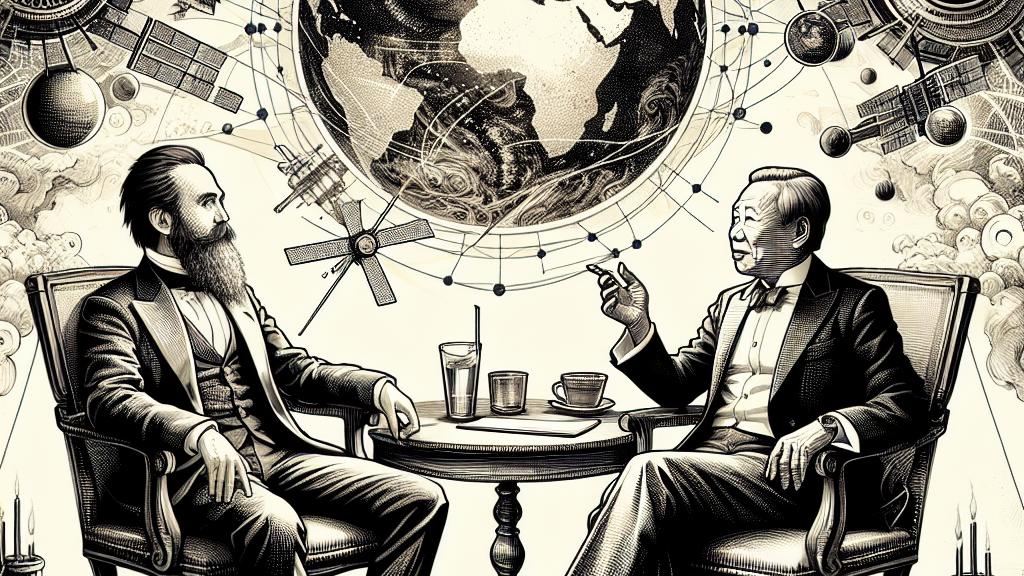Elon Musk's Ongoing Communication with Putin and Starlink's Restrictions in Taiwan
Overview
- Elon Musk has maintained a notable communication line with Vladimir Putin since 2022, stirring geopolitical concerns.
- There have been requests for Musk to restrict Starlink services in Taiwan to accommodate Chinese territorial claims.
- The intricate balance of Musk's influence and the implications of private enterprise in global conflicts continues to ignite discussion and debate.

Context of Communication
Since 2022, a fascinating interplay has unfolded between Elon Musk, the visionary CEO of SpaceX and Tesla, and Russian President Vladimir Putin. Their relationship, which sparked interest after Musk's daring invitation to a duel over Ukraine, exemplifies the unpredictable nature of international relations. When Ukraine faced the grim realities of invasion, Musk stepped up remarkably, making Starlink satellite services available almost immediately. This swift action not only demonstrated his commitment to supporting democratic endeavors but also showcased the crucial role that private enterprises can play during geopolitical crises. As Musk's actions gain attention, they bring to light key questions about the intersections of business interests, personal influence, and ethical responsibilities in global affairs.
Starlink in Taiwan: A Delicate Situation
Amid rising tensions between China and Taiwan, the scrutiny of Musk's Starlink service has heightened significantly. Reports indicate that Putin has urged Musk to reconsider expanding Starlink in Taiwan, reflecting China's longstanding claims over the island. In a strategic response, Taiwan is embarking on a groundbreaking venture to create its own satellite communications system. This initiative, inspired by Starlink’s effectiveness in Ukraine, aims to fortify Taiwan's communication infrastructure against potential disruptions. By establishing a sovereign capability, Taiwan not only seeks to enhance its operational resilience but also asserts its determination to maintain independence and security. This endeavor highlights the pressing need for robust communication networks capable of withstanding adversarial actions, illustrating the vital nature of resilience in the face of modern threats.
The Implications of Musk's Role
Musk's role as a powerful business figure interconnected with global communications poses intriguing ethical dilemmas. As he navigates the competing narratives from both Ukraine and Russia, Musk faces the challenge of maintaining a balanced and fair approach. His decisions regarding Starlink illustrate how commercial entities can sway international affairs and shape conflict resolutions. With Taiwan proactively developing its satellite systems, the consequences of Musk’s actions become increasingly significant. This complex scenario raises essential questions about accountability and the ethical implications that business leaders must consider in times of geopolitical strife. Observers around the world remain keen to see how Musk will navigate these multifaceted challenges, balancing his business interests with the weight of global responsibility.

Loading...